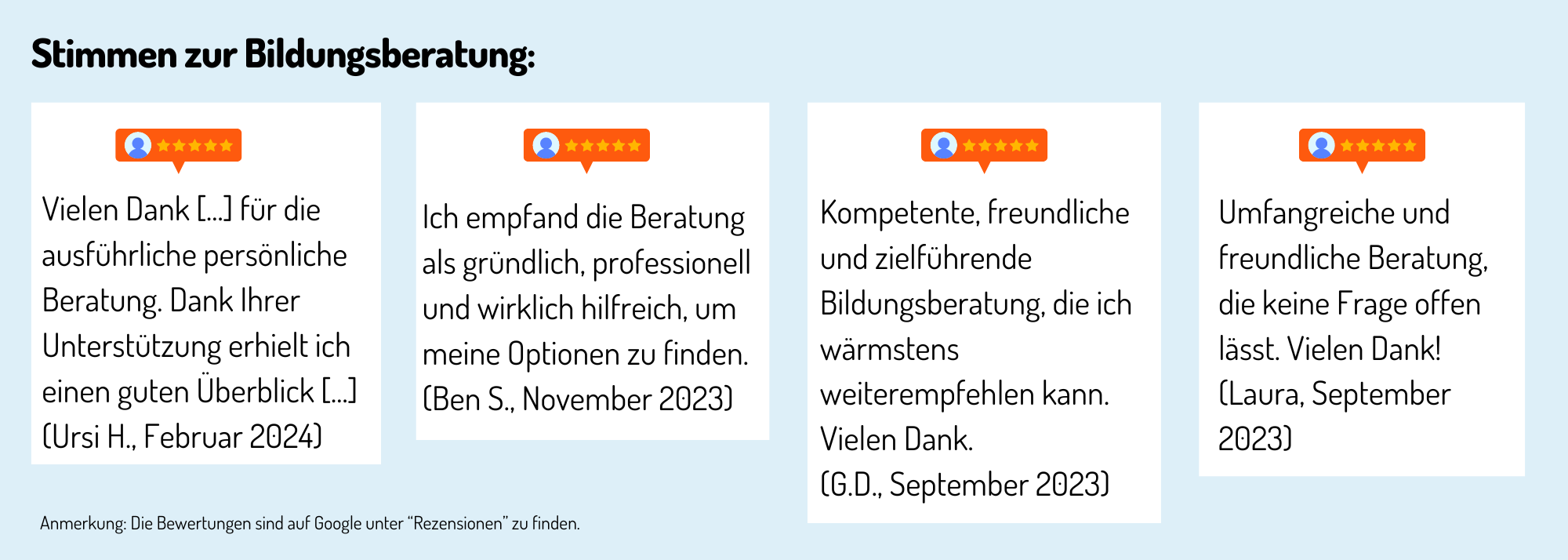Multilingual communication: Bachelor, studies, schools and information
Are you looking for suitable providers for a course in multilingual communication, oral communication and language mediation?
Here you will find suitable offers from various educational institutions as well as further information and decision-making aids for choosing the right continuing education program.
Multilingual communication, oral communication and language mediation - a professional field for language talents
The "Multilingual Communication (Oral Communication & Language Mediation)" degree program is one of the Bachelor's degree programs in the field of "Translation". During the course, students learn the ability to express themselves perfectly both orally and in writing in two to three foreign languages. Another important focus is the ability to analyze and interpret texts professionally.
Human communication is complex and the language system is very comprehensive - during the three-year course, graduates learn to understand the basics in order to apply this knowledge in practice later on. Students also learn to see the various connections in the fields of business, technology, culture, politics and law. General education is therefore very important in the "Multilingual Communication (Oral Communication & Language Mediation)" degree program.
Graduates of the "Multilingual Communication (Oral Communication & Language Mediation)" degree program understand these above-mentioned focal points and contexts not only in the culture of their native language, but also in the cultures of foreign languages. The basic languages are German, French or Italian, and two of the specified additional languages must be chosen. After successfully completing the course, students can, for example, take up management positions in international organizations in the field of intercultural communication. The "Interpreting" course is also a possible postgraduate course. Are you interested in this course? Further information and interesting courses offered by recognized universities of applied sciences throughout German-speaking Switzerland can be found at Ausbildung-Weiterbildung.ch.
Questions and answers
Erfahrungen, Bewertungen und Meinungen zur Ausbildung / Weiterbildung
Haven't found the right training or further education yet? Benefit from educational advice now!
Further training is not only important in order to maintain or increase professional attractiveness, investing in training or further training is still the most efficient way to increase the chances of a pay rise.
The Swiss education system offers a wide range of individual training and further education opportunities - depending on your personal level of education, professional experience and educational goals.
Choosing the right educational offer is not easy for many prospective students.
Which training and further education is the right one for my path?
Our education advisory team will guide you through the "education jungle", providing specific input and relevant background information to help you choose the right offer.
Your advantages:
You will receive
- Suggestions for suitable courses, seminars or training programs based on the information you provide in the questionnaire
- An overview of the different levels and types of education
- Information about the Swiss education system
We offer our educational counseling in the following languages on request: French, Italian, English
Register now and concretize your training plans.




